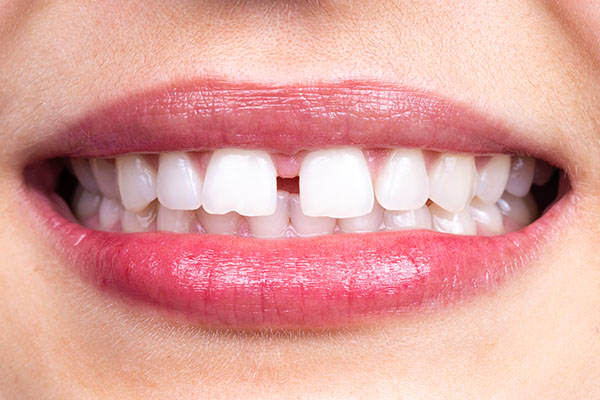4 Tips for Preventing Periodontal Disease

One of the most prevalent oral health issues affecting people is periodontal disease, otherwise called gum disease. Despite the prevalence of gum disease, it is preventable. Periodontitis, which is the advanced stage of periodontal disease, starts with bacterial growth in the mouth. If untreated, it could destroy gum tissues and lead to tooth loss.
The effects of periodontal disease
Gingivitis, the initial stage of gum disease, is less severe and only causes gum inflammation. With prompt treatment, gingivitis will not progress into periodontitis. A person with periodontitis may notice the inner layer of the gums recedes from the teeth to create gum pockets. These pockets tend to accumulate debris and plaque and can quickly become infected. The body’s immune system will naturally attempt to fight the spread of bacteria along the gum line. As the body fights back, you may see inflammation and pus.
As the condition worsens, the pockets will deepen and continue to destroy the gum tissues and bone. Once this happens, the teeth will no longer get the necessary support. The will become loose and may eventually fall out.
Tips to prevent periodontal disease
To prevent the progression of periodontal disease and improve your oral health, the tips below will help.
1. Brush your teeth regularly
Brush your teeth twice daily using a soft-bristled brush. The American Dental Association says you should take at two minutes to brush. Ensure you reach the nooks and crannies of the mouth. Brush gently along the gum line at a 45-degree angle and avoid vigorous brushing to prevent damage to the teeth. Do not forget to brush all the surfaces of the mouth, including the tongue.
2. Floss daily
Flossing is required to reach all the inaccessible areas of the teeth, especially the back teeth which are used for chewing and breaking down food. Flossing helps to clean debris between the teeth. For effective cleaning, you will need about 18 inches of floss. Roll the floss around a finger on both hands. Carefully glide the floss between the teeth until it is clean and free of food particles.
3. Use mouthwash
Rinsing is a great way to complement brushing and flossing. Preferably, get an antibacterial mouthwash to lower bacteria count in the mouth. Try not to swallow the liquid. Using mouthwash further cleans the mouth and is preferable when brushing or flossing is not possible. Try to buy an alcohol-free mouthwash because it can cause dryness. A dry mouth can lead to bad breath.
4. Regular dental visits
Regular visits to the dentist are essential to prevent periodontal disease. Such visits allow the dentist to monitor the teeth and gum health. If the dentist detects the presence of plaque or infection, prompt treatment will be provided to stop the condition from worsening. Such treatments include root planing and scaling, gum surgery and other gum regenerative treatments.
Take care of your gums
The most effective way to prevent the disease is to maintain proper oral hygiene and schedule regular dental checkups. If your gums are red, sore or do not seem normal, call our office to arrange a visit with the dentist.
Request an appointment here: https://www.carolinasmilesdentist.com or call Carolina Smiles Family Dental at (828) 974-3326 for an appointment in our Brevard office.
Check out what others are saying about our services on Yelp: Read our Yelp reviews.
Recent Posts
You could be a candidate for dental bonding if you have gaps in your front teeth. This minimally invasive procedure will close your tooth gap and enhance your smile's appearance. The composite blends in with your natural teeth, so it will not be noticeable. Continue reading to learn more about the application process and see…
Dental bonding provides patients with a non-invasive way to repair a myriad of issues that affect their teeth. The procedure can be performed for restorative or cosmetic purposes. It typically does not require the use of anesthetics or multiple visits to a dentist.Unlike crowns and veneers, which typically require shaving enamel off the tooth being…
General dentists use bonding to help repair damaged teeth. What is bonding, and how is it used to repair teeth? Keep reading for an overview of what bonding is and why it is used as a treatment method. This type of procedure is very useful for many different dental issues. Your dentist will be able to…
Dental bonding can fix minor to moderate concerns with teeth, such as chips, cracks, worn-down enamel, and more. Read on to learn more about dental bonding and its uses. It is helpful to understand how dental bonding can benefit your oral health to determine if treatment is right for you or if another form of…


